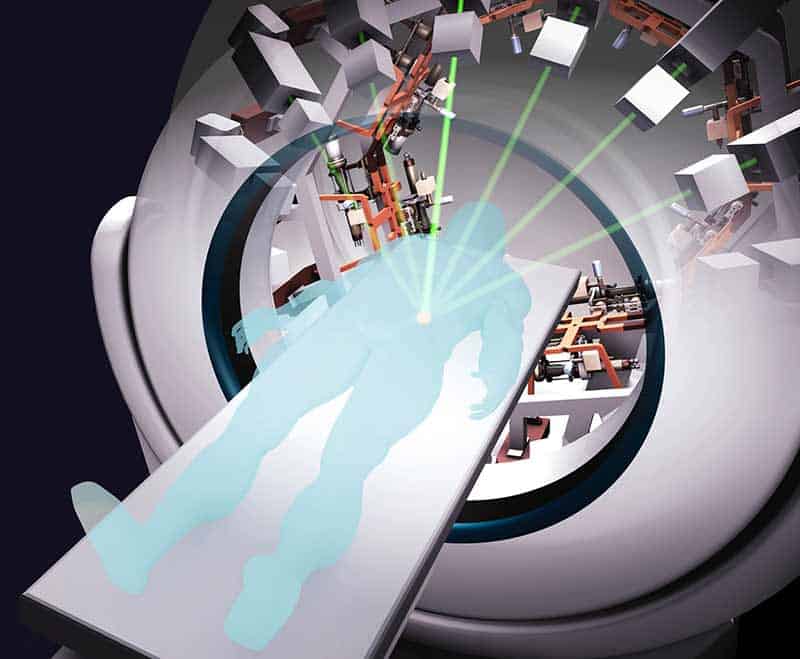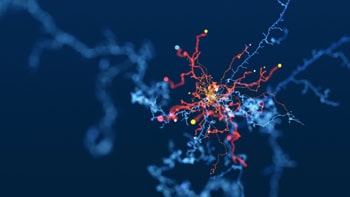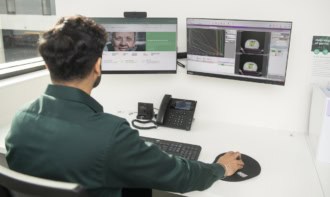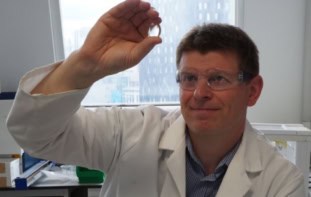Available to watch now, PTW explores the PHASER technology platform being developed for clinical FLASH radiotherapy, as part of our Focus on FLASH technology week
Want to learn more on this subject?

This webinar will introduce the novel biological phenomenon of FLASH and its potential to improve the therapeutic index of cancer radiation therapy. It will then discuss recent advances in particle accelerator science that underlie the PHASER technology platform under development. PHASER is designed to translate FLASH to patients with cancer, enabling ultra-rapid delivery of radiation with high dose conformity to large volume, deep-seated tumours in the body. The implications for improved cancer outcomes and critically needed broader access to curative cancer care will be addressed.
Focus on FLASH technology week
During the last week in March, Physics World focused on FLASH – bringing you updates on some of the latest research advances in the field and hosting two keynote webinars highlighting cutting-edge developments in FLASH technology. Our other FLASH webinar is also available to watch now:
Want to learn more on this subject?

Billy W Loo, Jr, MD, PhD, is a professor of radiation oncology, a member of the Molecular Imaging Program at Stanford (MIPS) in the Department of Radiology, and a member of the Stanford Cancer Institute, in the School of Medicine. He is a physician-scientist radiation oncologist and bioengineer who directs the Thoracic Radiation Oncology Program at Stanford.
His clinical specialties are state-of-the-art radiation therapy for lung/thoracic cancers, including stereotactic ablative radiotherapy (SABR) and 4-D image-guided radiation therapy for lung tumours. Dr Loo is a recognized expert in thoracic cancers serving on multiple national committees (including as writing member, chair, or vice-chair) that publish clinical guidelines on the treatment of lung cancer and other thoracic malignancies, including the National Comprehensive Cancer Network (NCCN), American College of Radiology (ACR), and American Society of Radiation Oncology (ASTRO).
His clinical research is in clinical trials and implementation of new treatment techniques for lung cancer, and development of new medical imaging methods for measuring organ function and predicting response to cancer treatment. As part of this work, he leads a clinical and preclinical research programme in molecular imaging, particularly using novel PET tracers for tumour hypoxia (EF5), tumour proliferation (FLT), and neuroinflammation (PBR06). He also co-leads clinical trials of novel applications of SABR including treatment of pulmonary emphysema and cardiac arrhythmias.
Since conceiving of a fundamentally new approach to delivering ultra-rapid, ultra-precise radiation therapy, pluridirectional high-energy agile scanning electronic radiotherapy (PHASER), Dr Loo’s major laboratory research focus has been to co-lead a collaborative effort between the Stanford Cancer Institute and SLAC National Accelerator Laboratory to develop PHASER into a transformative yet clinically practical technology. This programme comprises both technology development and fundamental research on the radiobiology of extremely rapid FLASH radiation therapy to optimize the biological therapeutic index.




